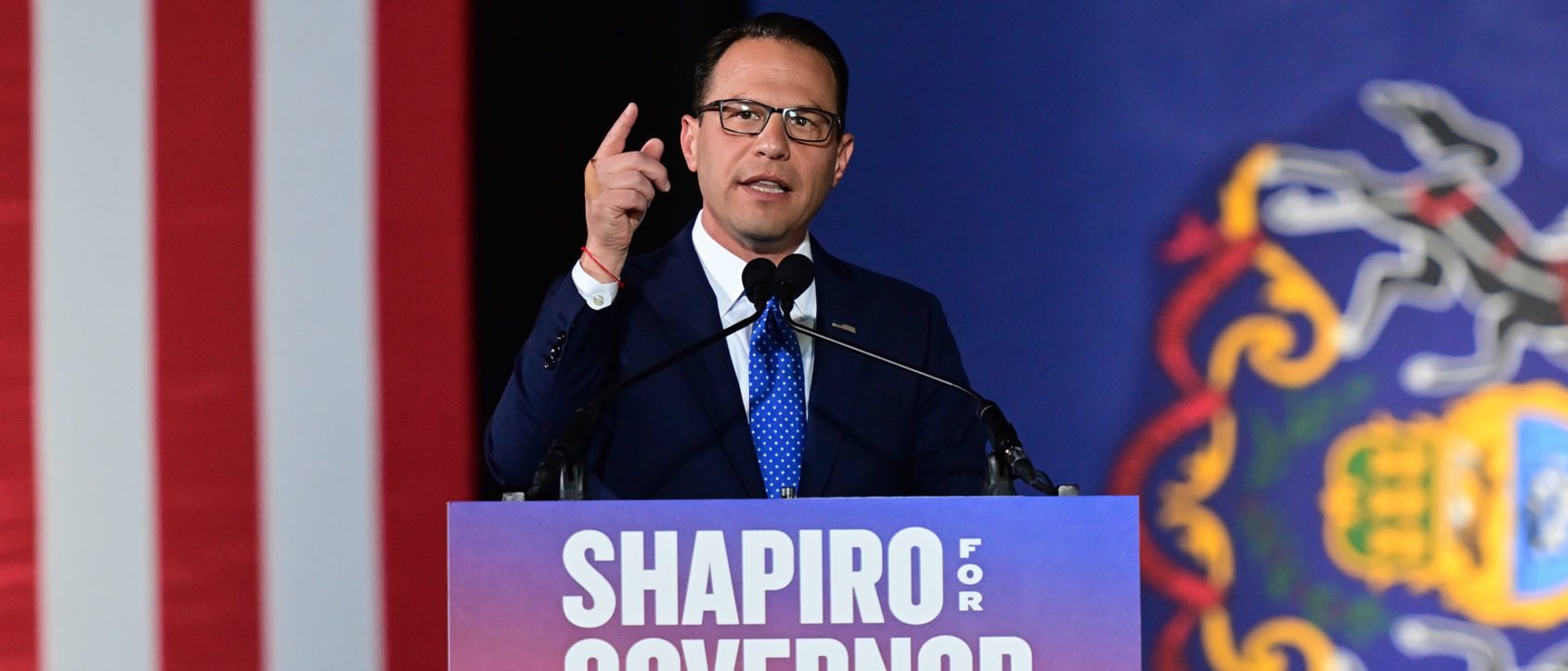
www.dailysignal.com
These Fortune 500 Companies Remained Silent Over Trump Assassination Attempt, But Condemned J6
A number of Fortune 500 companies that publicly condemned the Jan. 6 Capitol riot have remained silent following the July 13 attempted assassination of former President Donald Trump.
An analysis conducted by The Heritage Foundation’s Oversight Project found that eight Fortune 500 companies issued statements condemning the January 2021 Capitol riot, but stayed silent over the July 13 attempt on Trump’s life.
Those companies are AT&T, Boeing, Coca-Cola, Johnson & Johnson, McDonald’s, PayPal, Starbucks, and Visa. None of them responded to requests for comment from The Daily Signal.
?CORPORATE RADICALISM?These globalist companies had a lot to say about January 6th but have been silent on the near assassination of President TrumpDo you send your money to them?? pic.twitter.com/RukE1bTN6u— Oversight Project (@OversightPR) July 31, 2024
“Color me completely unsurprised that the leaders of woke corporate America took no public issue with the attempted assassination of President Trump,” Oversight Project Director Mike Howell told The Daily Signal. “Patriotic Americans should remember the silence and double standards of the globalist elites.”
Their silence now comes as the leaders of other Fortune 500 companies, such as Cisco’s Chuck Robbins, expressed their sympathy to Trump and the other victims of the attack in Butler, Pennsylvania, including firefighter Corey Comperatore, who was tragically killed by one of the gunman’s bullets that day.
My prayers are with President Trump, the other victims of the senseless shooting and their families. There is simply no rationale for this violence.— Chuck Robbins (@ChuckRobbins) July 14, 2024
When Trump supporters stormed the U.S. Capitol on Jan. 6, 2021, many Fortune 500 companies were quick to issue statements condemning the riot.
Boeing, one of the companies that has not issued a statement on the Trump assassination attempt, released a statement from its president and CEO, David Calhoun, that addressed “defending democracy here, and around the world.”
“In the spirit of bipartisanship, we encourage them to work with President-elect [Joe] Biden to unify our nation,” the statement said of elected officials.
From our President and CEO David Calhoun: pic.twitter.com/keaYFva3G6— The Boeing Company (@Boeing) January 7, 2021
McDonald’s CEO Chris Kempczinski described the Jan. 6 incident as “an attack on all those things that people cherish and associate with America,” adding: “That includes McDonald’s.”
“The violent unrest we’re witnessing in our nation’s capital is both shocking and disturbing,” wrote PayPal CEO Dan Schulman at the time. “It violates the very foundation of our democracy.”
“Following an election in which we saw record excitement and turnout among Americans, we must unite together to move forward as a nation,” he added. “I urge leaders from both sides of the aisle to take a stand and call for the violence to end. Now, more than ever, we need to foster an environment of inclusion and healing, where we listen to each other, respect each other, and keep our country as a beacon for democracy.”
Coca-Cola issued a statement calling the day an “offense to the ideals of American democracy.” A Starbucks news release on the riot condemned it as a “disruption to American democracy.” Visa’s then- CEO, Alfred Kelly Jr., posted on LinkedIn that it was “one of the lowest points in our 245-year history as a nation.”
https://t.co/dsNXzLzuae pic.twitter.com/DPWhfbxa0R— The Coca-Cola Co. (@CocaColaCo) January 7, 2021
The post These Fortune 500 Companies Remained Silent Over Trump Assassination Attempt, But Condemned J6 appeared first on The Daily Signal.
















